Dr Amir Tahernia is a plastic and reconstructive surgeon with extensive experience in treating patients with Hidradenitis Suppurativa (HS) using the latest in surgical techniques. His utilization of these expert techniques and his outstanding patient outcomes have attracted patients from all over the globe. He is dedicated to helping those suffering with this painful condition as he is aware of how life-changing HS can be. Call us today 310-614-9701.


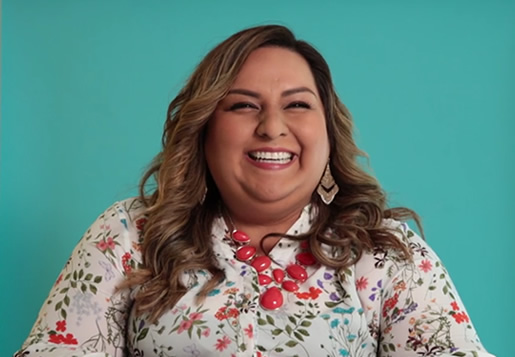


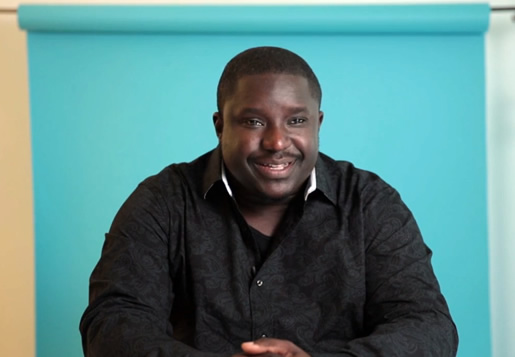

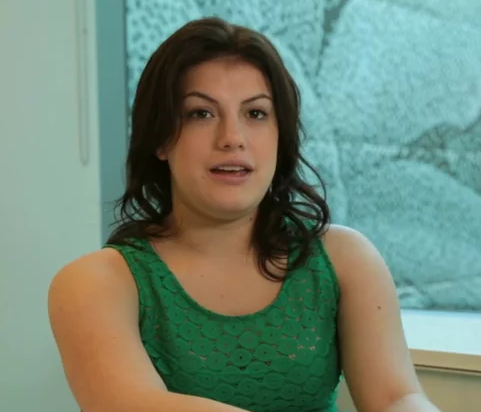


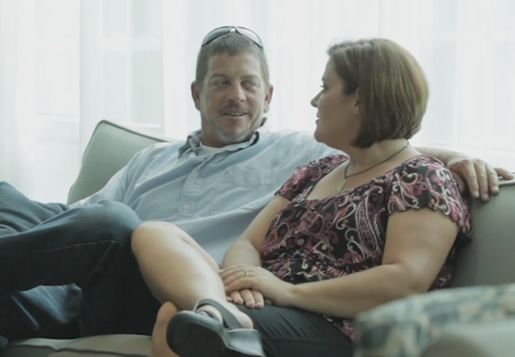
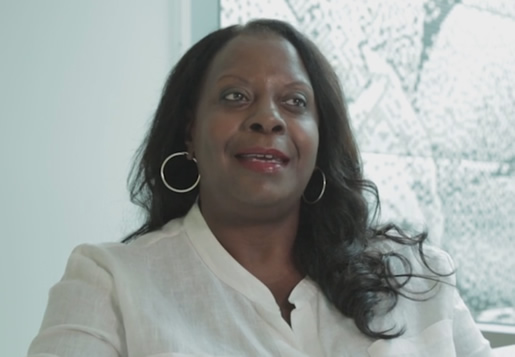
To discuss your personal experience with HS and treatment options please contact our office:
(310) 614-9701 Have Questions?HS, or acne inversa, is a chronic disease of the apocrine (sweat) glands. HS affects a significant percentage of the population, however, it is not well known in the general medical community. Therefore, many with HS are frustrated by not having access to proper treatment.
HS can also affect abdominal, breast and facial skin, as well as underarm (armpit) and groin areas. The affected areas often swell and rupture at the skin level with subsequent drainage and cellulitis (skin infection). Over time if left untreated, these affected areas can form tracts below the skin and thick painful scars at the skin level. These then have a cycle of sporadically flaring with open wounds draining and causing significant discomfort and pain.
Given the chronicity of this condition, one needs a comprehensive evaluation and surgical approach to afford the highest possible chance for cure via treatments. Once a certain area has been surgically treated, there is over a 90% cure rate with no recurrences.
If you or a loved one has been diagnosed with Hidradenitis Suppurativa, and are in need of direction for care, please contact our Los Angeles, USA-based office. Our specialists are happy to discuss your particular situation.
Indications for HS surgery
The decision to operate on those with HS depends on the condition of the affected areas.
If there is an acute infection, the first step will be to address the infection with antibiotics as well as a first stage drainage. As the infection clears, a more definitive treatment will be necessary. In order to properly treat the HS in those areas, a wide excision needs to be performed to remove the disease bearing tissue followed by reconstruction using plastic surgery reconstructive techniques.
In the absence of an acute infection, those with Stage 2 and 3 Hurley classification HS would benefit from a thorough evaluation and surgical treatment based on the affected areas, extent of disease, and reconstructive options available.
Surgical techniques
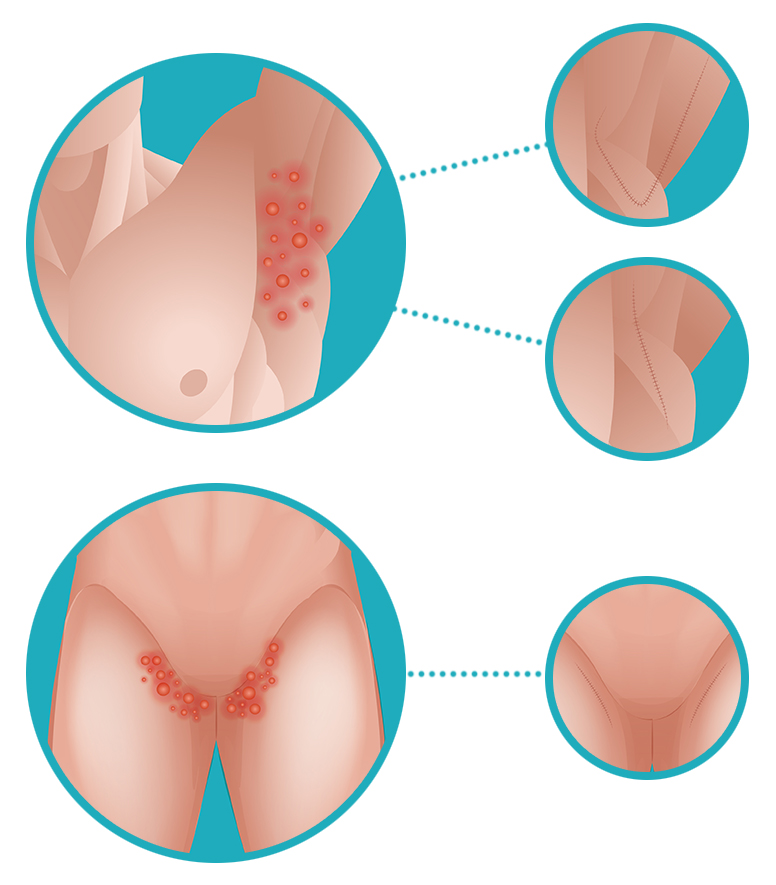
Staging
Hidradenitis suppurativa can be divided into the following three clinical stages (Hurley’s classification):
Stage I: abscess formation, single or multiple without sinus tracts and scarring.
Stage II: recurrent abscesses with sinus tracts and scarring; single or multiple widely separated lesions.
Stage III: diffuse or almost diffuse involvement or multiple interconnected tracts and abscesses.
Cure
Wide excision with reconstruction of the affected areas affords the highest chance of cure, with our patients experiencing 90% cure rate.
FAQ:
1. Is HS contagious?
The disease is not contagious.
2. Is HS affected by diet?
Some suffering from HS have said a change in diet helps, and many have tried the Paleo diet. However, restricting certain foods may affect people in different ways. Keeping a food diary to learn what works for you might be the best way to determine certain foods trigger an outbreak or worsening of symptoms.
3. How do you treat patients with multiple areas affected by HS?
We often stage treatment allowing one affected area to be surgically addressed and after a period of 8-12 weeks, address the other areas.
4. Does HS run in families?
In most cases, the cause of Hidradenitis Suppurativa is unknown. The condition probably results from a combination of genetic and environmental factors.
5. What percentages of patients are cured by surgery?
Wide excision with reconstruction of the affected areas affords the highest chance of cure, with our patients experiencing 90% cure.
6. When is surgery an appropriate treatment?
The decision to operate on those with HS depends on the condition of the affected areas. If there is an acute infection, the first step will be to address the infection with antibiotics as well as a first stage drainage. As the infection clears, a more definitive treatment will be necessary. In order to properly treat the HS in those areas, a wide excision needs to be performed to remove the disease bearing tissue followed by reconstruction using plastic surgery reconstructive techniques.
7. Do overweight individuals with HS get better once they lose weight?
When overweight patients who have HS lose weight, they seem to have fewer flare-ups. Losing excess body weight can make a difference.
8. Why does HS smell?
The odor comes from local infection of the apocrine glands. The odor is more pronounced when there is a flare.
9. Is there a prescription medicine used to treat HS?
There are many medications, with various costs, on the market that patients have used. The only group of medications I use in my patients is antibiotics in the setting of an infection. This is given to help treat the infection prior to definitive surgical treatment of the disease.
10. Will shaving make my HS worse?
This is a myth and not been shown to be an aggravating factor for HS.
Request a consultation online
Have Questions?